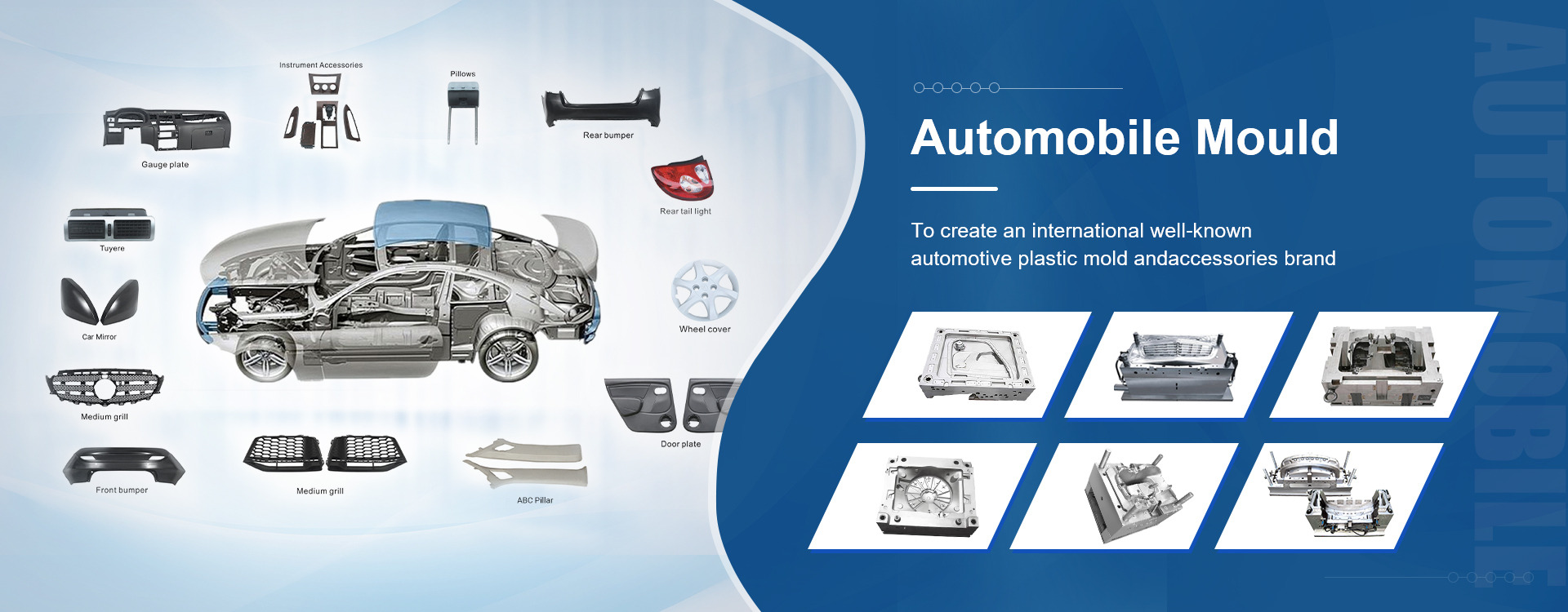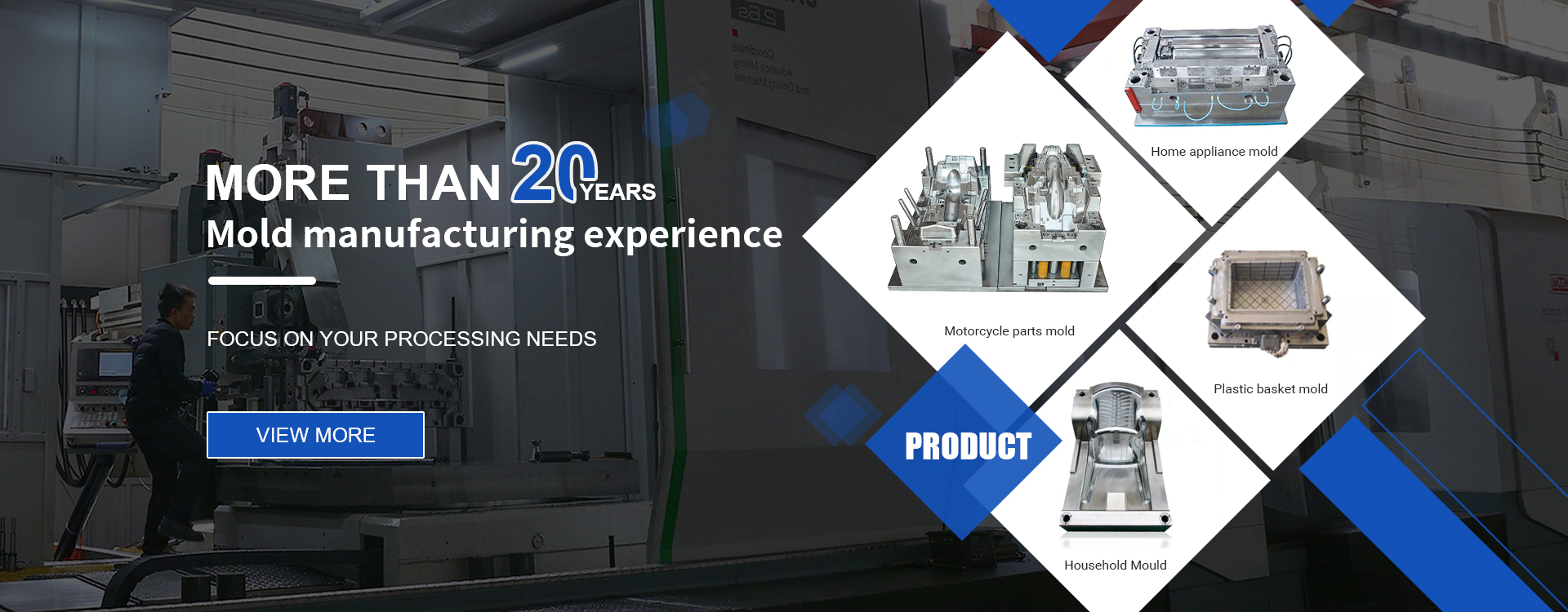Plastic stools are a common furniture item that can be found in households, offices, and public spaces. These versatile pieces of furniture are lightweight, durable, and easy to clean, making them a popular choice for many. But have you ever wondered how these plastic stools are made? The answer lies in plastic stool moulds. we will explore the art and science behind plastic stool moulds, and how they contribute to the crafting of comfortable and functional plastic stools.
Plastic stool moulds are specifically designed tools that are used in the manufacturing process of plastic stools. These moulds are made from high-quality steel or aluminium, which ensures durability and longevity. The moulds are created with precision and expertise, taking into consideration the desired shape, size, and design of the plastic stool.
The process of creating plastic stool moulds begins with the design phase. Designers and engineers work together to create a detailed blueprint of the stool. This blueprint includes all the necessary measurements, features, and specifications of the stool, ensuring that the final product meets the desired requirements.
Once the design is finalized, the actual construction of the plastic stool mould begins. Highly skilled plastic stool mould makers use specialized machinery and tools to shape the steel or aluminium into the desired mould shape. This process requires accuracy and precision, as any errors or imperfections in the mould can impact the quality of the final product.
After the mould is constructed, it undergoes a series of finishing processes to ensure its smoothness and durability. This includes polishing, texturing, and adding any necessary inserts or components. These finishing touches help to enhance the functionality and aesthetics of the plastic stool.
With the plastic stool mould ready, the manufacturing process can begin. Plastic pellets are melted and injected into the plastic stool mould under high pressure. This allows the molten plastic to fill the mould cavity and take on its shape. Once the plastic has cooled and solidified, the plastic stool mould is opened, and the newly formed plastic stool is released.
Quality control is an essential step in the production of plastic stools. The plastic stool moulded stools are thoroughly inspected for any defects, such as imperfect shapes, rough surfaces, or structural weaknesses. Any defective stools are discarded, ensuring that only high-quality products make it to the market.
Plastic stool moulds offer several advantages in the manufacturing process. First and foremost, they allow for mass production of plastic stools with consistent quality and precision. The use of moulds ensures that every stool produced is identical in terms of shape and design, meeting the desired specifications.
Additionally, the use of moulds enables cost-effective production. Once the initial investment is made in creating the mould, the production process becomes more efficient and cost-efficient. The plastic stool moulds can be reused multiple times, allowing for a higher production output without the need for additional tooling or equipment.
Plastic stool moulds also offer flexibility and customization options. Since the moulds can be created to any specific design, manufacturers have the freedom to experiment with different shapes, sizes, and features. This allows for the creation of stools that are not only comfortable but also visually appealing.
In conclusion, plastic stool moulds play a significant role in the production of comfortable and functional plastic stools. These plastic stool moulds are meticulously designed and constructed, ensuring the creation of high-quality products. plastic stool mould manufacturers can produce plastic stools efficiently, cost-effectively, and with a high level of customization. So the next time you sit on a plastic stool, take a moment to appreciate the art and science behind its creation.”
Post time: Apr-15-2024


